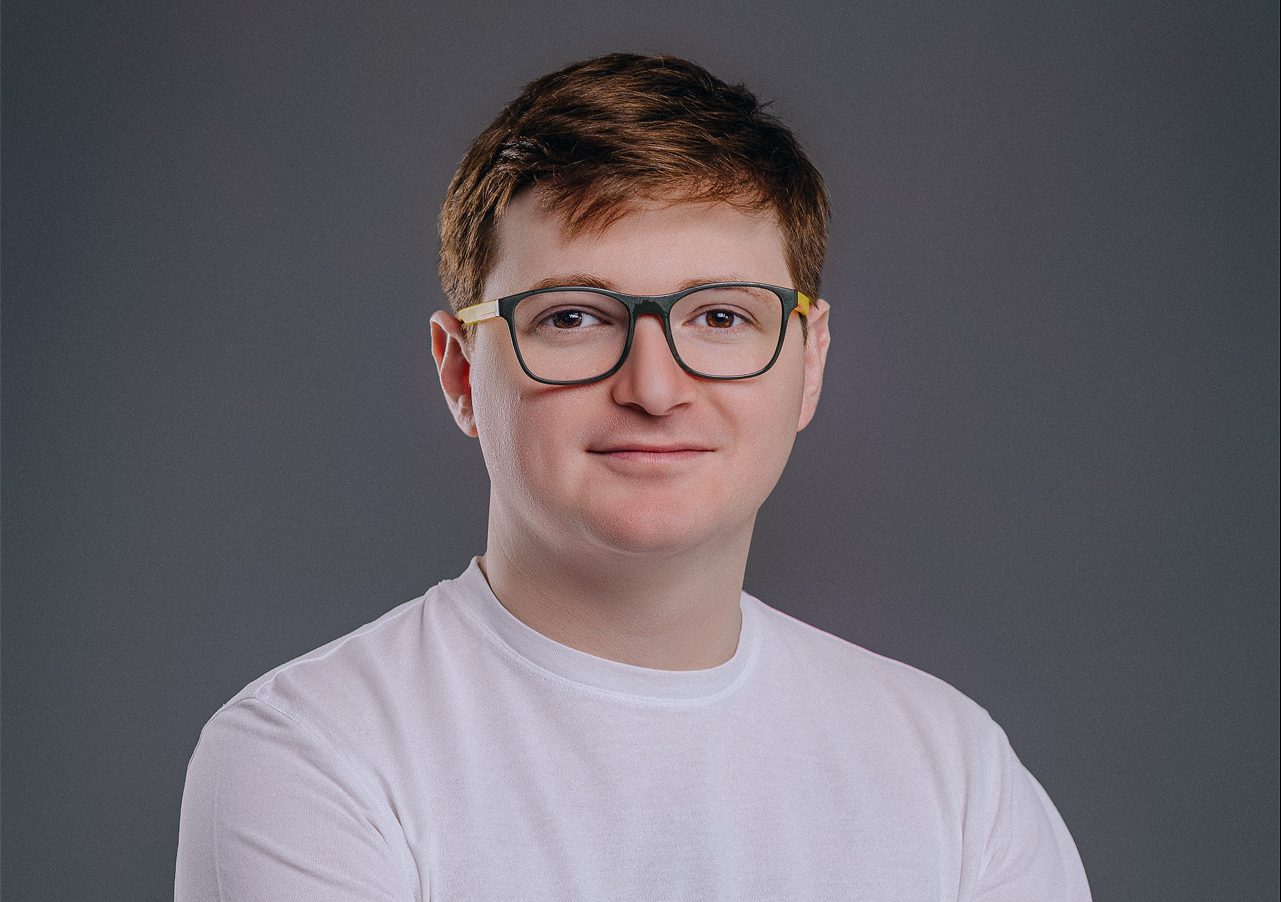The Covid-19 pandemic has accelerated several trends in healthcare: digitalisation, telemedicine, big data, AI. So what will the future of healthcare look like, and what will it mean for tech companies?
From the very beginning of the Covid-19 pandemic, the need for technological solutions in a variety of fields became abundantly clear. Start-ups around the world stepped up, rapidly creating various contract tracing, telemedicine, and now Covid-19 status confirmation apps.
- Not using AI in healthcare will soon be malpractice
- To compete with the US in healthtech, emerging Europe and the UK must continue to collaborate
- Europe’s regulatory framework needs to keep pace with innovation in healthcare
Software Professionals, or S-PRO, is a Ukrainian company that has been working in the healthtech industry for the past eight years. S-PRO is a boutique development company that works primarily in the fintech and healthcare spaces.
“We empower technology leaders to innovate with technologies and deliver products to the market faster,” company CEO Igor Izraylevych tells Emerging Europe.
Some of firm’s recent products include a blockchain app used for the confirmation of Covid-19 tests results, a solution produced for Hubspring that serves as a digital ecosystem for hospital staff, and an app that helps scientists collaborate with 3D visualisations of complex research results.
Making healthcare better
At the core of what S-PRO does is the meeting of healthcare and new technologies such as artificial intelligence, blockchain, data analysis and visualisation. With these technologies it’s possible to innovate and make healthcare better.
“We used blockchain for storage of patient Covid-19 results so people can use different types of tests and can share their results out of the blockchain within the mobile app. It provides transparency while providing better security for people,” says Izraylevych, explaining the thinking behind basing the app on blockchain technology.
Indeed, data security is one of the main issues in healthtech in general. When any entity creates digital solutions for healthcare, it is often necessary for apps and platforms to work with sensitive data. Data about illnesses and medical status is considered especially sensitive and personal, and for good reason.
“Data security is one of the key challenges within the healthcare industry today. And companies have to pay a lot of attention as to how they maintain the data and securely store it,” Izraylevych adds.
One possible way is HIPPA (Health Insurance Portability and Accountability Act, a US law on medical data privacy) certification.
“But engineers have to think for themselves how to use these standards in practice. For example, encoding the data in the right way and keeping the sensitive data stored correctly,” he says.

Looking forward
So how will the future of healthcare look, despite the challenges?
“We live in a very interesting time where everything is changing,” says Izraylevych.
This change is evident in the healthtech market. According to the consultancy McKinsey, the digital healthcare market will grow from 124 billion US dollars today to 427 billion US dollars in the next seven years.
“This is driven by venture-based companies who are coming to the market and providing new services for the niches where people need new and better services,” adds Izraylevych.
Last year also saw an increase in venture capital coming into the sector with total funding reaching 14.6 billion US dollars — twice as much as in 2019.
“The speed of our lives increased as did people’s needs, as well as their requests for services. In terms of this trend, digitalisation comes into play and digitalisation in the health industry specifically,” says Izraylevych.
A big role in the future of healthcare will be played by technology such as the blockchain, AI, and the Internet of Things (IOT).
“Using AI could decrease emergency room visits up to fifty per cent. And this could be achieved with control of general wellbeing and analysis of health data. Factors such as ecology, lifestyle, monitoring and detecting potentially dangerous diseases in the early stages,” Izraylevych notes.
“This can be achieved generally with technologies such as end-to-end analysis and this is something which is requested generally by business leaders in the healthcare sector.”
As Izraylevych sees it, it’s a win-win for both patients and hospitals.
“With this better quality of service, patients can pay the same amount of money and get better service. The hospitals themselves can optimise doctor hours and other expenditures such as rent and hospital utility costs.”
As for S-PRO, Izraylevych says its next move is to grow its engineering team to 1,000 strong, and to enter the insurance market, where fintech and healthcare can come together.
“Technology has the power to combine different industries,” he concludes.
Unlike many news and information platforms, Emerging Europe is free to read, and always will be. There is no paywall here. We are independent, not affiliated with nor representing any political party or business organisation. We want the very best for emerging Europe, nothing more, nothing less. Your support will help us continue to spread the word about this amazing region.
You can contribute here. Thank you.


